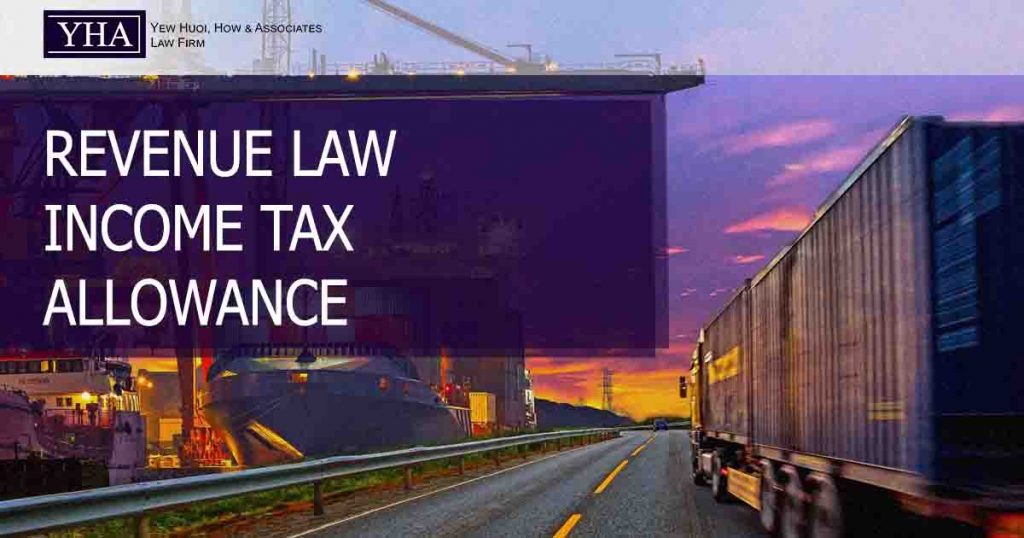Rule 3 of the Income Tax (Allowance for Increased Export) Rules 1999:
- Allowance for increased exports
‘Subject to rules 4 and 5, where a manufacturing company or a company engaged in agriculture, resident in Malaysia, exports manufactured products or agricultural produce in the basis period for a year of assessment, there shall be given to the company an allowance to be determined in the manner as prescribed in Rule 4:
Provided that an exemption on exports manufactured products is only given to manufacturer.’
I am an owner of a durian plantation and I own a warehouse where I store and pack my durians before they are exported to Thailand and other countries. My export sale has increased as I am now working with more retailers. Am I eligible for an “increased export allowance”? I have heard that I can claim an industrial building allowance for the warehouse where I store the durians.
Q: What is an “increased export allowance”?
A: It is the tax exemption that is awarded to a company when they have an increase in export sales.
Q: What is an “industrial building allowance”?
A: It is the allowance given to the owner of the industrial building that is associated with the business of the company.
Q: What is an “industrial building”?
A: Para 37C, 63, and 64 of Schedule 3 of the Income Tax Act 1967 have made it clear that your building must be one that is used for the purposes of a business and the housing of machinery or plant.
Q: Am I eligible for “increased export allowance” and “industrial building allowance”?
A: Since you have planted the durian trees yourself and you export the durians to other countries, you are eligible for the “increased export allowance,” provided that you are a Malaysian citizen. You have used the warehouse for storage and packaging purposes of the durian before they are exported. Therefore, you can claim the “industrial building allowance.”
I have purchased the plants from others and I export them to other sellers in different countries. I own a factory where I check and pack the plants before they are exported.
Q: Am I eligible for the increased export allowance and industrial building allowance?
A: Rule 3 of the 1999 Rules states that a company must be associated with agriculture to be entitled to the export allowance, and since you have purchased the plants from others, you are not entitled to the allowance. However, since you are using the factory to check and pack the plants, you can claim the industrial building allowance.

